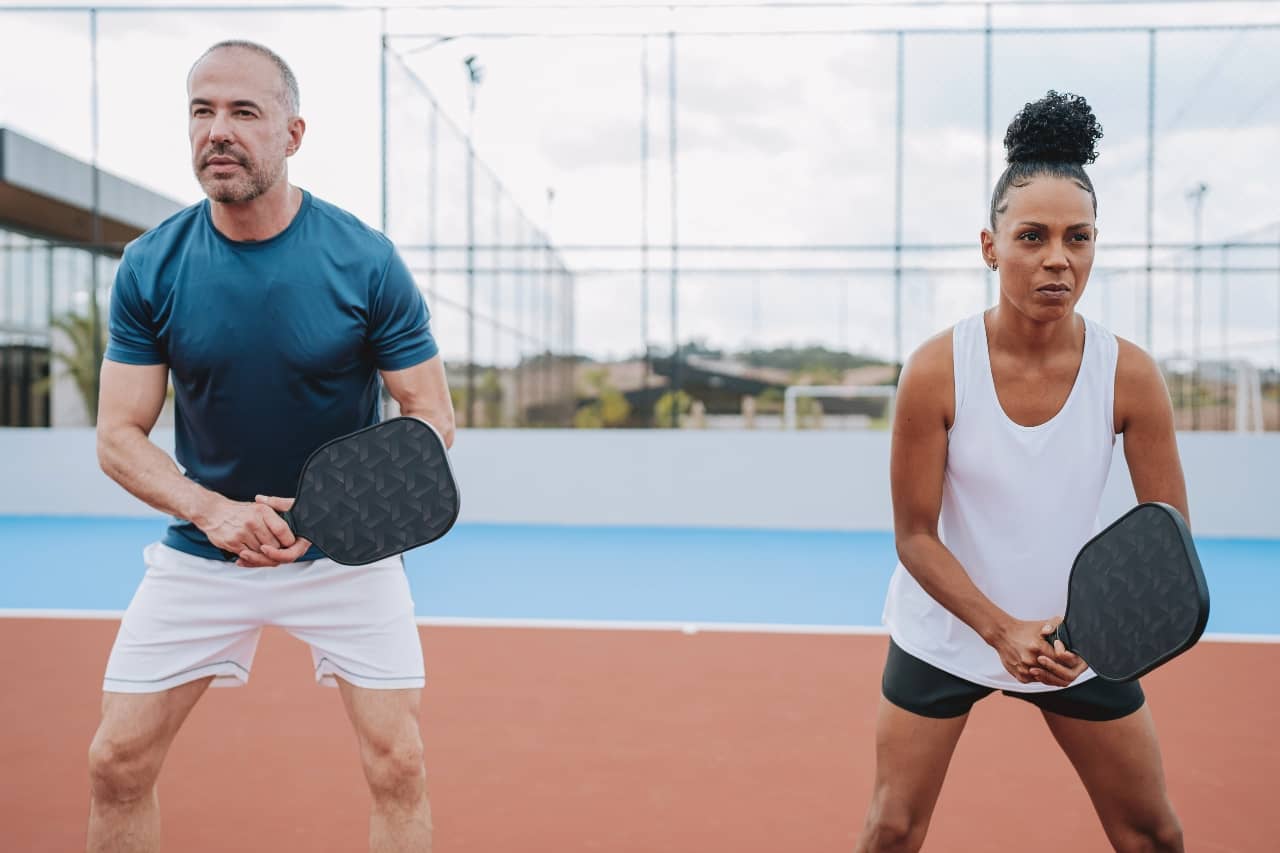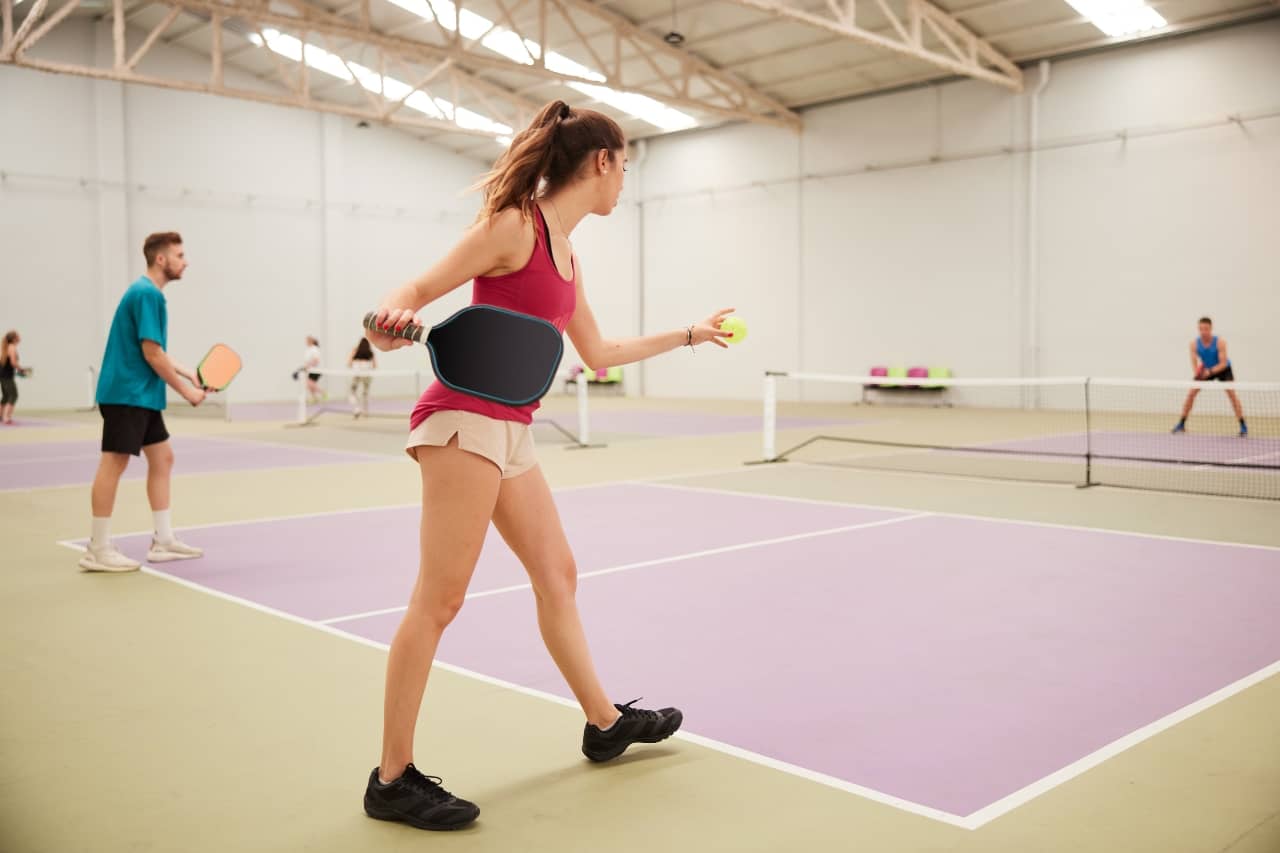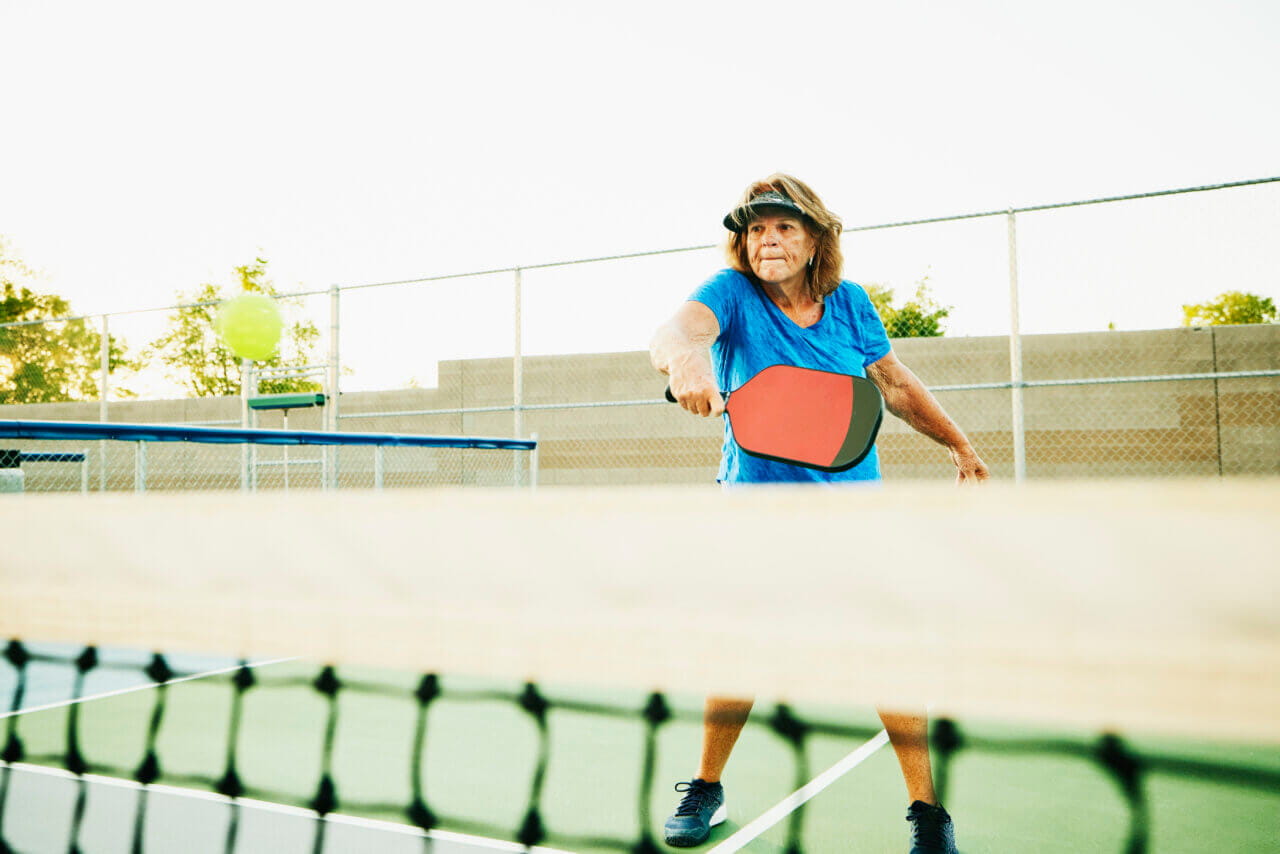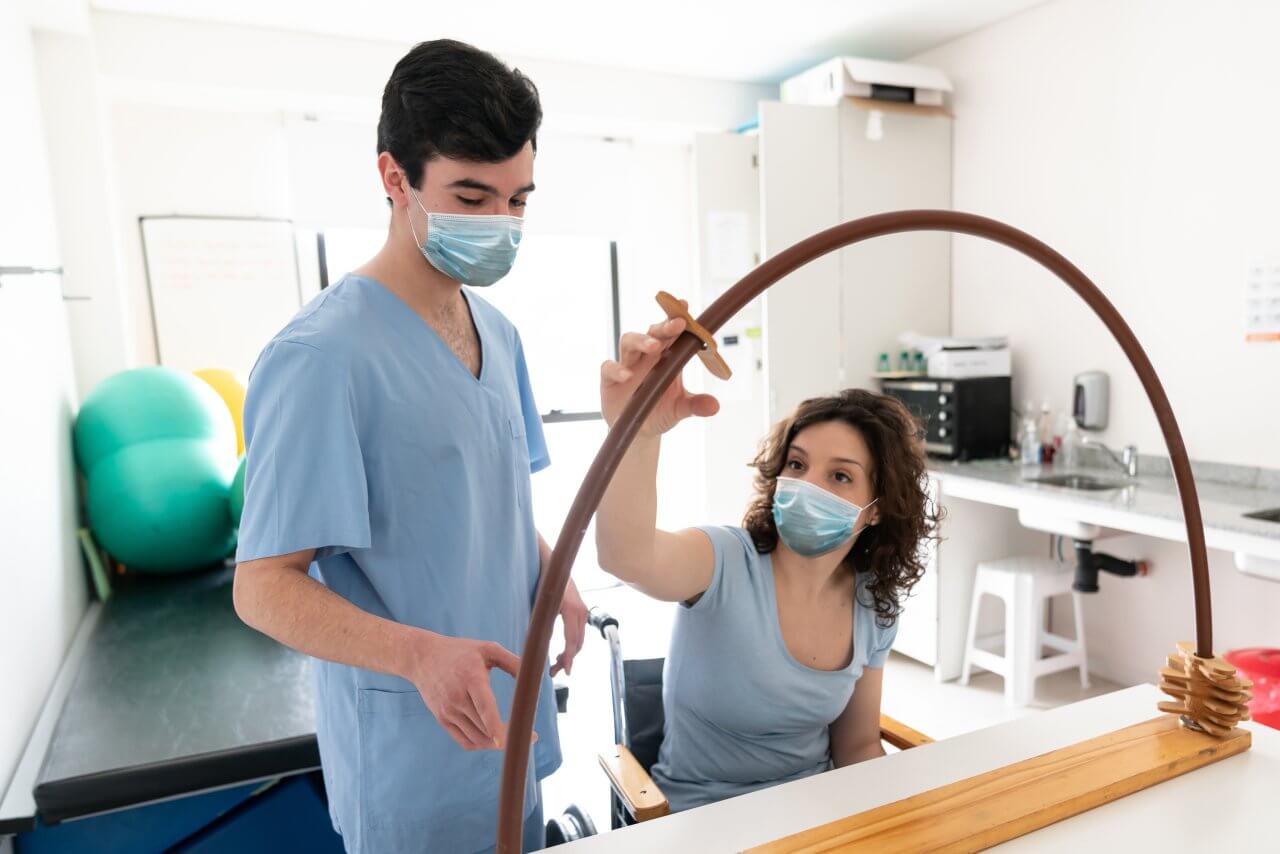The Role of Physical Therapy in Recovery from Pickleball Injuries

One of the benefits of playing pickleball is that it’s a workout that engages every part of your body. Unfortunately, it exposes you to a wide range of pickleball injuries, like sprains, strains and others involving the muscles, tendons, ligaments and joints.
However, these injuries don’t have to keep you off the court and away from the game if you have support from a physical therapist.
What is physical therapy? How does it help you recover from a pickleball injury? And can it help you avoid injuries? This article answers those essential questions.
Physical Therapy: Treating How the Body Moves
Physical therapy (also called physiotherapy) helps people recover from injuries, surgeries or other events that affect their ability to move properly and comfortably. Physical therapists are medical professionals with specialized training in assessing and correcting mobility, flexibility and range of motion issues.
Pickleball players requiring physical therapy might only need a few sessions, or their recovery might take many weeks or months, depending on the injury. But with the assistance of a physical therapist, they steadily regain functionality and pain-free movement.
Benefits of Physical Therapy for Pickleball Injuries
Getting physical therapy after a pickleball injury can help you in many ways, including:
- Improved range of motion and flexibility. Injuries to muscles, tendons, ligaments and joints can cause inflammation, muscle tightness and scar tissue. Together, these issues can make it hard to move with the freedom you had before your injury. For example, after a shoulder injury, you might not be able to bring your arm as far back as you’d like in preparing to execute a shot. Physical therapy can help correct that type of problem.
- Increased strength. Following an injury, you might not have the strength you previously did due to muscle atrophy (the reduction in muscle tissue from disuse), nerve damage and other issues. A physical therapist can help you regain strength in the affected area.
- Reduced pain. Pain is unpleasant on its own and can also inhibit movement as your body naturally avoids movements that hurt. Pain reduction is a major benefit of physical therapy.
- Improved technique. In some instances, an injury is caused or worsened by poor technique. For example, how you execute shots might increase the likelihood of an elbow injury. A physical therapist can teach you how to perform movements in ways that align with how your body is built to move.
How Physical Therapists Treat Pickleball Injuries
Physical therapists use many techniques and modalities to address pickleball injuries, including:
- Joint mobilization and manipulation. This is a hands-on process where the therapist guides the movement of a joint to improve the range of motion and reduce pain.
- Soft tissue mobilization. This involves the therapist using their hands or instruments to address muscle tightness, break up scar tissue and treat other soft tissue problems.
- Myofascial release. This treatment focuses on releasing tension in the fascia, which is connective tissue surrounding muscles and organs, to reduce pain and improve mobility.
- Therapeutic exercises. Physical therapists guide patients through various exercises to increase strength, enhance functioning, increase balance, etc.
- Heat, cold and other modalities. Physical therapy often includes using heat, cold, electrical stimulation, ultrasound, laser therapy or dry needling to reduce inflammation and pain and promote healing and recovery.
Pickleball Injuries and Physical Therapy: Recovery and Prevention
Physical therapists have two goals when working with pickleball players and other athletes: injury recovery and prevention. Those twin objectives are why seeing a therapist after a pickleball injury is very beneficial. Their care and guidance may support your recovery and help reduce the risk of future injuries.
Learn About Physical Therapy at Baptist Health
If you have a pickleball injury, your Baptist Health primary care provider may refer you for physical therapy. If so, you can learn more about our physical therapy and rehabilitation services, so you know what to expect and how it may support your recovery and a return to the court.
Next Steps and Helpful Resources
Health Benefits of Pickleball
Pickleball Pros and Cons for Your Health
Common Pickleball Injuries and Prevention Strategies
Warm-Up and Cool-Down Routines for Pickleball Players



